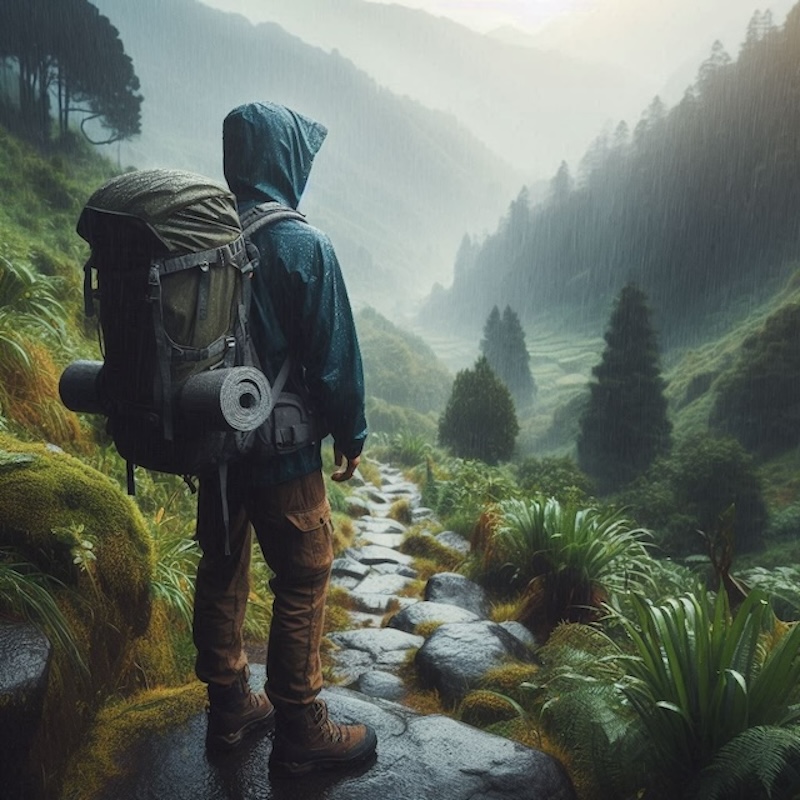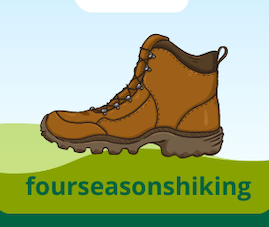Hiking is an amazing way to connect with nature, but it comes with its risks. Having a reliable first aid kit is a must. A well-prepared first aid kit can make the difference between a minor inconvenience and a serious problem. That’s why it’s crucial to pick a lightweight, waterproof kit that won’t weigh you down, but still covers your needs.
The first thing to consider is the kit’s weight. Hiking means carrying all essentials, so every ounce counts. Look for kits specifically labeled as lightweight. These are designed with hikers in mind and often use materials that keep the weight to a minimum without sacrificing durability.
Next, make sure your kit is waterproof. Weather in the great outdoors can be unpredictable. Even if you’re confident there won’t be any rain, consider water crossings or accidental spills. Waterproof kits often come in sealed bags or cases, protecting your supplies in any condition.
When it comes to materials and brands, you’ve got options. Many hikers prefer nylon or polyester kits due to their durability and lightweight. Popular brands like Adventure Medical Kits and Lifeline offer great selections that balance practicality with portability. Always check reviews and opt for kits that other hikers recommend.
Balancing weight and comprehensiveness is key. It’s tempting to pack everything you think you might need, but practicality should guide your choices. Prioritize what’s necessary for common hiking injuries and conditions. Think about the terrain and length of your hikes. Your first aid kit should be easy to carry and well-stocked, without becoming an unnecessary burden.
Essential Items to Include in Your Hiking First Aid Kit
Stocking your first aid kit thoughtfully can save you a lot of trouble on the trails. There are some essentials that no kit should be without.
Start with the basics: bandages in various sizes, antiseptic wipes, and adhesive tape. These items address a broad range of issues, from small cuts to larger wounds. Include some sterile gauze pads and tweezers too. Splinters, thorns, and debris are common encounters while hiking.
Blister treatment is a must for hikers. Hiking often means long distances and varying terrain, which can lead to painful blisters. Pack moleskin or blister pads that can provide relief and help you keep going.
Insect bite relief is another necessity. Look for bite and sting treatment options that come in compact, easy-to-apply forms. Anti-itch creams or wipes can make a huge difference if you encounter mosquitoes, ticks, or other pests.
Once your basics are covered, think about maintaining and replacing items. Check your kit before each hike. Make sure that the antiseptic wipes haven’t dried out and bandages still stick well. Restock anything that has been used or expired.
Personalizing your first aid kit based on your specific needs is equally important. If you have allergies, pack antihistamines. For those on prescription medication, always carry an extra dose. Think about where you’re hiking and the kinds of issues you might face, then tailor your kit accordingly.
In compliance with the FTC guidelines, please assume the following about links and posts on this site: Any/all of the links fourseasonshiking.com are affiliate links of which I receive a small compensation from sales of certain items.

Learn More, Click The Above Link

Hi,
Thanks for sharing the informative article on waterproof first aid kit for hiking.
Your article on choosing a lightweight, waterproof first aid kit for hiking is both informative and practical. It covers the essential aspects of selecting and stocking a first aid kit, ensuring that hikers are well-prepared without being overburdened.
Keep up the good work!
Looking forwards for your more informative articles.
Thanks
Regards
Saba
Thank you for your comment and appreciation for the outdoors!
Sincerely, Lonnie
Hey there! I just checked out your post on lightweight waterproof first aid kits for hiking—awesome stuff! Your breakdown of what to include and the emphasis on durability is super practical. It got me thinking about how often people overlook the importance of customizing their kit for specific hikes. Maybe you could spark a conversation about people’s personal must-haves or crazy situations where a first aid kit saved the day? That could totally go viral with the hiking community!
Best regards!
Gabriel John
Thank you for the suggestion, someone could benefit from their backpacking excursion!
Lonnie